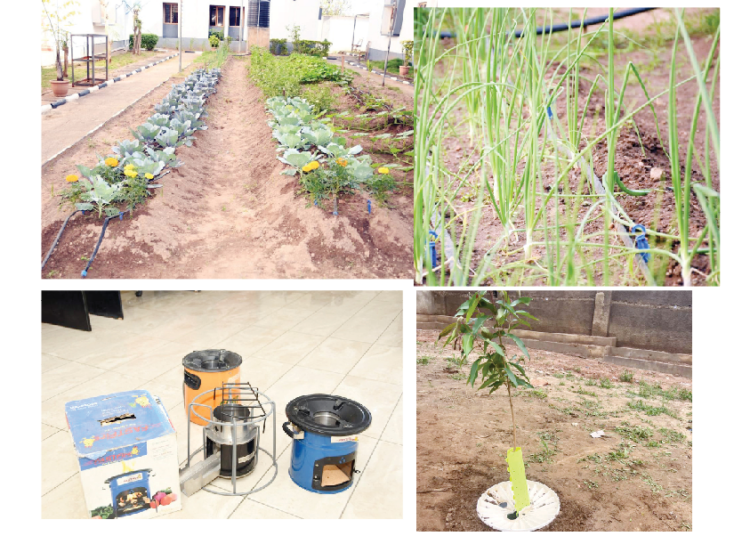In a strategic move to tackle the twin challenges of desertification and land degradation, the National Agency for the Great Green Wall (NAGGW), in collaboration with the United Nations Environment Programme (UNEP) and the Global Environment Facility (GEF), has unveiled an ambitious project to restore and rehabilitate thousands of hectares of degraded land in Kebbi State.
The initiative, known as the Integrated Dryland Ecosystem Rehabilitation, Regeneration and Conservation (IDERRCN) project, sets out to restore 2,500 hectares of degraded land and rehabilitate an additional 3,000 hectares through improved land-use practices. The effort forms part of the broader regional programme tagged “Transformation Approach to Large Scale Investment in Support of the Implementation of the Great Green Wall Initiative (TALSISI-GGWI).”
Speaking at the project’s inception workshop held in Abuja, the Permanent Secretary of the Federal Ministry of Environment, Alh. Mahmood Adam Kambari, represented by Mrs. Habiba Ibrahim Lau, Acting Director, Rural Development and Extension Services, hailed the collaboration between UNEP, GEF and NAGGW. He described the project as a crucial environmental and socio-economic intervention aimed at boosting resilience in communities across the Great Green Wall corridor.
Kambari emphasized that the initiative could not have come at a better time, citing the rising threat of land degradation and desert encroachment in Nigeria’s northern region. He attributed the worsening environmental conditions to unsustainable human activities, poor land-use practices, climate change and rapid population growth, all of which have severely impacted ecosystems in the Sahel and Sahara regions.
“The increasing vulnerability of people and the environment has heightened the risk of disasters such as floods, droughts and food insecurity,“ he noted, expressing optimism that the IDERRCN project would help reverse these trends by empowering local communities to sustainably manage their natural resources.
On his part, the Director General and Chief Executive Officer of NAGGW, Dr. Yusuf Maina Bukar, described the IDERRCN project as a flagship intervention designed to enhance soil fertility, increase vegetation cover, and strengthen the resilience of rural livelihoods adversely affected by climate change.
According to him, the project will be implemented in fifteen communities spread across five Local Government Areas of Kebbi State—Arewa, Augie, Argungu, Bunza, and Dandi. He stressed that the initiative is a step forward in meeting the objectives of the Great Green Wall Initiative, which seeks to restore degraded ecosystems while improving socio-economic conditions in frontline communities.
The workshop drew participants from key institutions, including the Federal Ministries of Environment, Agriculture and Food Security, and Water Resources, as well as representatives from IFAD, the Nigeria Conservation Foundation, civil society organisations, and the private sector. Stakeholders at the event lauded the project’s design and scope, describing it as a timely intervention with the potential to reverse ecological decline and build sustainable, community-driven resilience.











